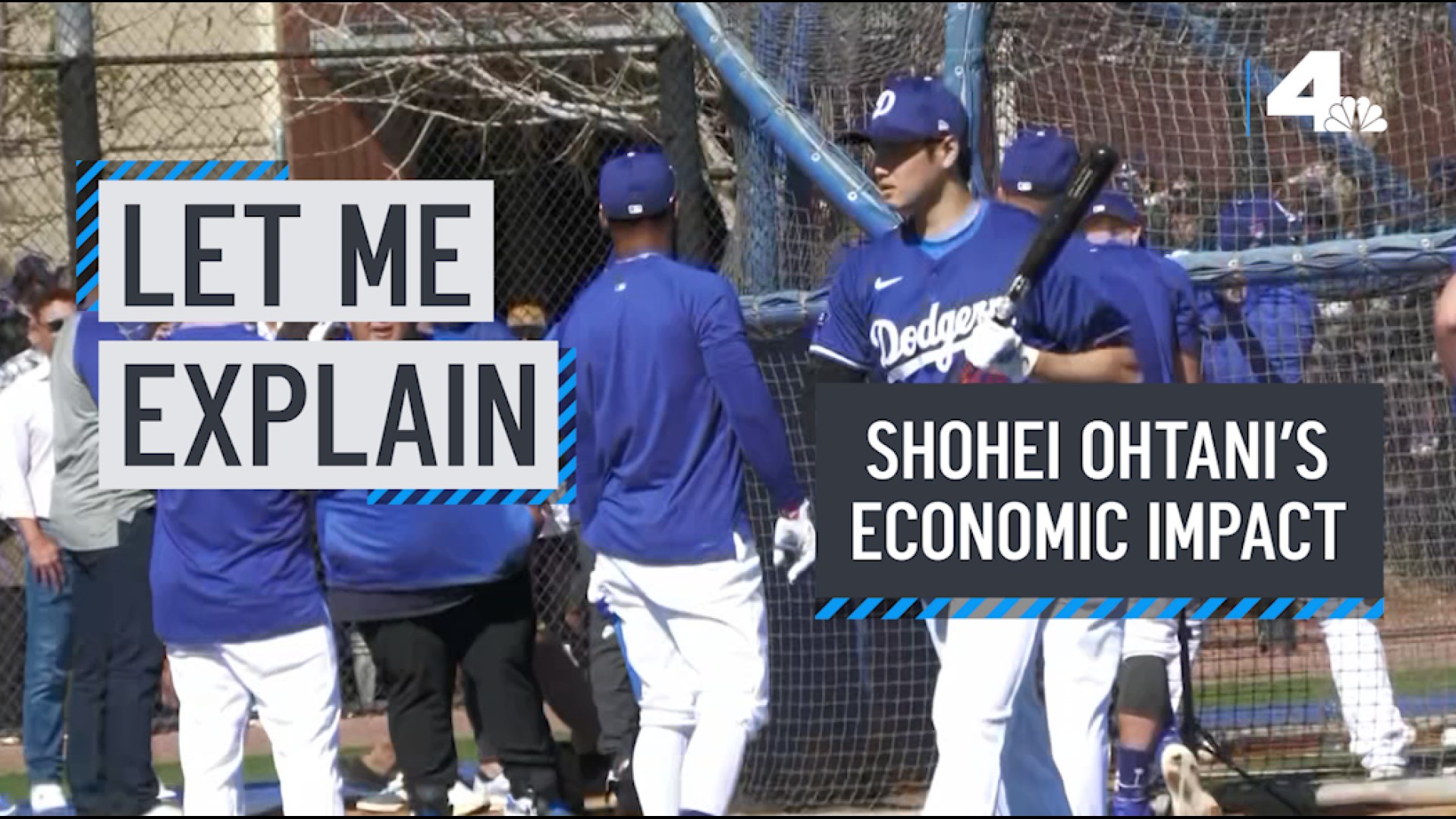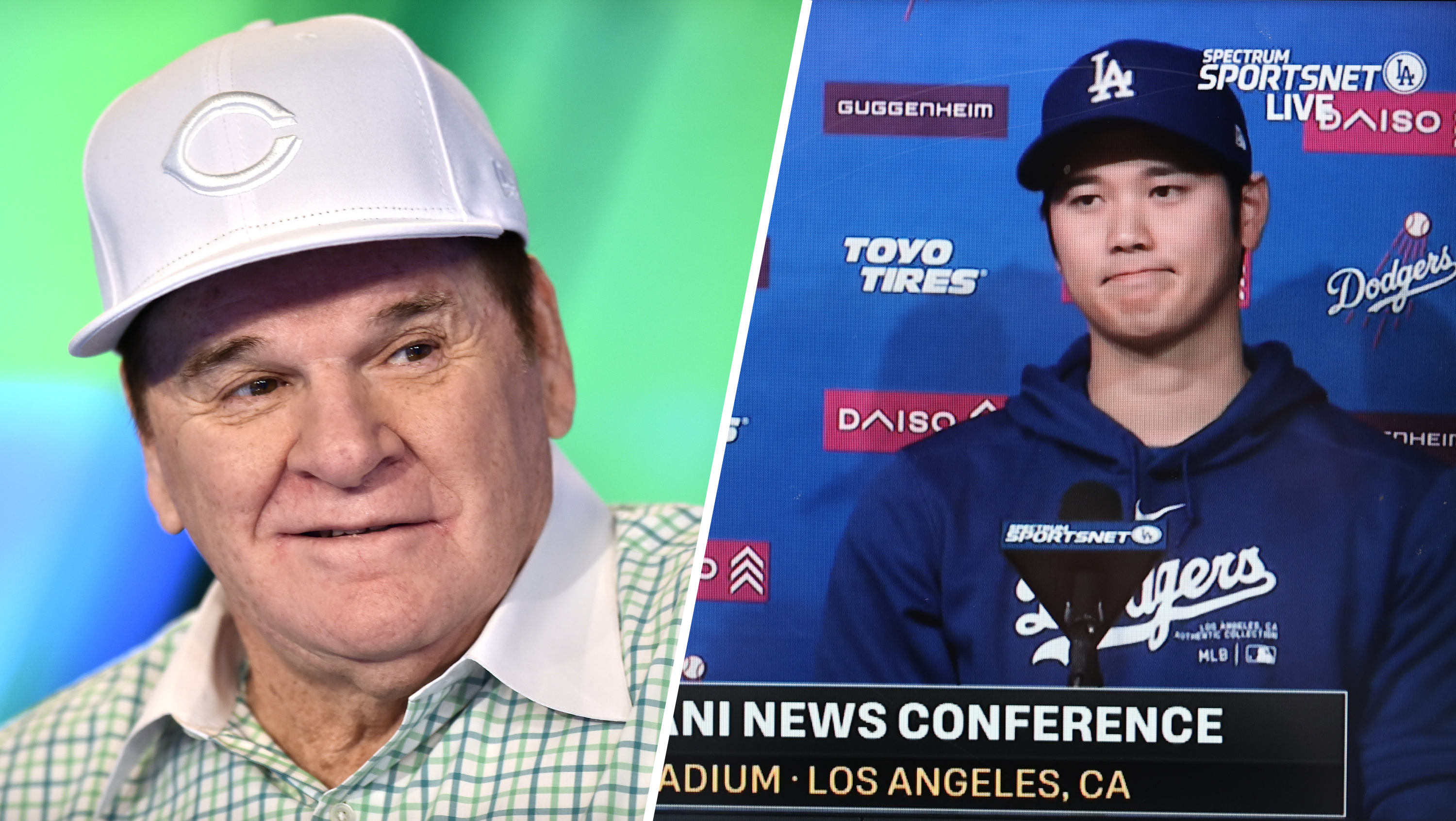Shohei Ohtani wearing a Dodger uniform for the Dodger Stadium debut is a headline in itself.
But no matter how much Ohtani tried to clear the air and his name during a news conference, Thursday's home opener would not come without questions about what happened off the field.
"People are always going to wonder: Did Shohei know?" said David Vinturella, an instructor at the University of Nevada, Las Vegas.
Vinturella, who developed and teaches a sports betting course at UNLV, one of the first of its kind in the country, explained there is a possibility that the transfer of millions of dollars from Ohtani’s account went unnoticed.
Get Southern California news, weather forecasts and entertainment stories to your inbox. Sign up for NBC LA newsletters.
"It can happen in a place like California because California is not regulated from a sports betting perspective, because it's not legal," said Vinturella. "As far as any government body, it’s two individuals transacting money just in some form or fashion that they’d made an agreement between themselves."
Those two individuals are Ohtani's former close friend and interpreter, Ippei Mizuhara and Matthew Bowyer, Orange County bookmaker with whom Mizuhara was allegedly placing sports bets. Ohtani told reporters Mizuhara has been stealing money from his account, and up until several days ago, the baseball star said he did not know this was happening.
"A transfer of that amount is not unusual for a person making that type of money," said Vinturella.
The allegations involve Mizuhara transferring $4.5 million from Ohtani’s account to Bowyer, according to NBC News. NBC Los Angeles does not yet know how he was able to do that.
"Who had authority to execute those wire transfers? Did the interpreter have authority for those wire transfers?" asked Peter Grupe, who runs his own firm, Grupe Security and Consulting.
Grupe, who was also the FBI special agent in charge of the agency's white collar crimes in New York, believes the wire transfers should have raised red flags with someone on Ohtani’s staff and the banks.
“There should be certain parameters in place where banks have an affirmative responsibility to 'KYC’ – know your customer," he explained. "You want to make sure money is not from illegal activity, not be used for terrorism financing and the like."



